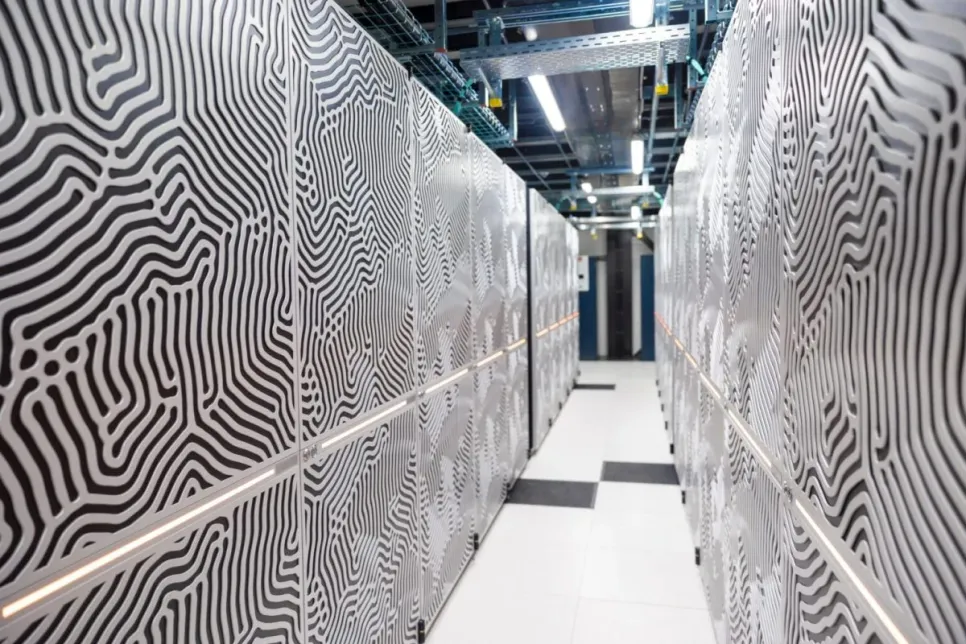CES 2026: Qualcomm Bolsters IoT, Automotive, and Robotics Solutions
Qualcomm unveiled several product updates alongside the launches of new products ahead of the official opening of CES 2026.

The new JUPITER supercomputer, inaugurated at Forschungszentrum Jülich in Germany, has officially become the first European system to achieve the exascale threshold. JUPITER can perform more than one quintillion (10¹⁸) operations per second, a computing power level comparable to aggregating the computing capabilities of one million modern smartphones. With this milestone, Europe enters the global league of high‑performance computing.
Officially ranked as Europe's most powerful supercomputer and the fourth fastest worldwide, JUPITER combines unmatched performance with a strong focus on sustainability. The system runs entirely on renewable energy and features cutting-edge cooling and energy reuse, making it the world's most energy-efficient supercomputer module, as confirmed by its number‑one position on the Green500 ranking.
With computing power exceeding one exaflop, JUPITER will transform science, innovation, and policymaking across Europe. Researchers will now be able to run climate and weather models at kilometre‑scale resolution, enabling much more precise forecasts of extreme events such as heatwaves, heavy storms, and floods.
JUPITER will support the development and deployment of AI solutions; its supercomputing capability will support the future AI Factory (JAIF) announced in March 2025, which will train cutting-edge large language models (LLMs) for generative AI and next‑generation digital technologies. The new supercomputer represents a €500 million joint investment by the EU and Germany channelled through the EuroHPC Joint Undertaking. It is part of Europe's wider strategy to develop a network of AI Gigafactories: large-scale, energy‑efficient computing hubs dedicated to training and deploying frontier AI models.
”With Europe’s first exascale supercomputer, we are opening a new chapter for science, AI, and innovation. JUPITER strengthens Europe’s digital sovereignty, accelerates discovery, and ensures that the most powerful and sustainable computing resources are available to our researchers, innovators, and industries," said Ekaterina Zaharieva, EU Commissioner for Startups, Research, and Innovation.